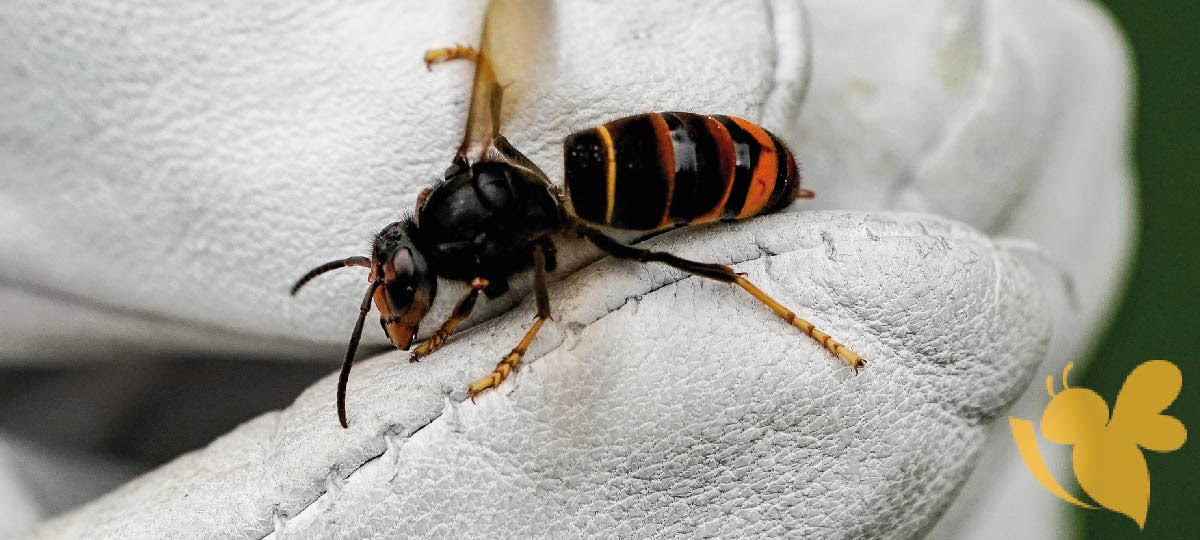Asian hornets, also known as Vespa velutina, have been causing concern in the United Kingdom due to their aggressive behavior and potential threat to native bee populations. These invasive insects are native to Southeast Asia and were first discovered in France in 2004. Since then, they have spread rapidly across Europe and have now been spotted in the UK.
Asian hornets are larger than native European hornets, with queens reaching up to 3cm in length. They are known for their distinctive black and yellow striped bodies, similar to common wasps. However, Asian hornets pose a much greater danger due to their venomous sting, which can be fatal to those who are allergic.
Asian hornets are distinctive, with a very dark body, wide orange stripe on the fourth abdomen section and yellow leg ends.
They are much larger than our native hornets, but smaller than European hornets.
The average for Asian hornet workers is 25mm compared to 30mm for the European hornet.
European hornets have brown tips on their legs, yellow antennae and a largely yellow abdomen. Asian hornets pose no greater risk to human health than native wasps and hornets.
In rare cases, a sting from the pest may cause death due to an anaphylactic reaction.
If you spot an Asian hornet nest, it's best not to disturb it. They are not normally aggressive towards people but if they perceive a threat to their nest, they might swoop down and sting.
Last year saw a record number of Asian hornet sightings in the UK. The Animal and Plant Health Agency's National Bee Unit went to the locations of all the credible sightings, locating and destroying 72 nests in 56 locations.
Ian Campbell, from the British Beekeepers’ Association, said Asian hornets are not “individually aggressive” but the danger is if you get anywhere near a nest.
Parents should tell children to avoid going near to bees nests to avoid stings.
“They defend their nests aggressively,” Mr Campbell said. “They don’t swarm but they will come out in high numbers and attack whoever is too close to the nest.”
In rare cases, a person may suffer an allergic reaction which could lead to symptoms including hives, swelling and difficulty breathing.
It is only in extremely rare cases, where a sting may cause death due to an anaphylactic reaction.
Read more
Some say ChatGPT voice sounds like Scarlett Johansson American Idol' 2024: Abi Carter takes the crown as Katy Perry departsSarah H
Also on site :
- Damaging winds and tornadoes possible Monday in Minneapolis
- SpaceX launches 23 Starlink satellites from Cape Canaveral on Falcon 9
- Wuthering Heights casting director says ‘English Lit fans not going to be happy’

